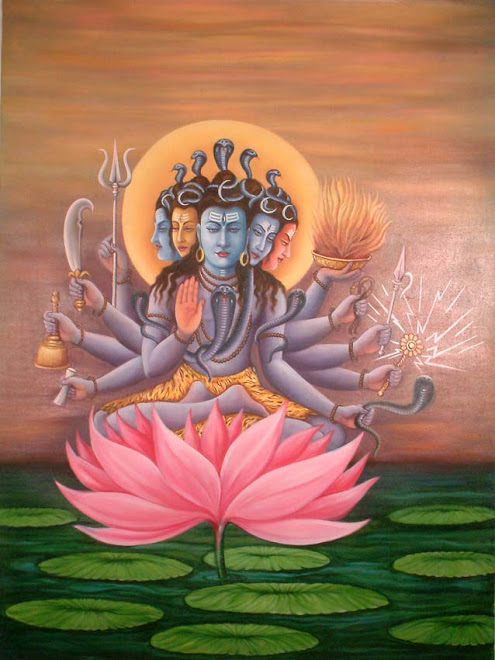I did it. I said I'd read the damn book and indeed I did.
After more time than I think I've ever spent with one book, I have finished War and Peace. All 1214 tiny-typed, densely packed pages of it (well, I might have skimmed a few of those "let's ponder the meanings of history" pages, but only a few).
I am too exhausted by reading it to say much about it, and that, combined with the fact that saying "I liked it" or "I didn't like it" seems almost insulting in the face of this massive accomplishment, means this will be a brief post. I will say that it wasn't what I expected it to be. I expected more novel, less philosophy. In fact, I don't think I expected philosophy at all. But the book is perhaps one-third the story of three Russian families at the time of the Napoleonic Wars (mainly what the Russians call the War of 1812, which was when Napoleon's army invaded Russia), one-third the story of the war itself, and one-third (or maybe less, but it reads long) philosophizing on the nature of power, war, and history. In fact, the epilogue (which alone is longer than many books) is almost all philosophy, which makes for slow going, especially with the end in sight.
Since I don't love reading about the maneuvers of battalions and blow-by-blow descriptions of battles, and reading about the philosophy behind those movements pleases me even less, I'd have to say that much of it was tough going for me. But I did enjoy the stories of the intertwined families, and, above all, I am damn proud of myself for getting to the end. I learned a massive amount about Russian and European history. And even some of the philosophizing about the nature of power and the "why" behind the forces of history was interesting.
But most importantly, I did it. Whew.


No comments:
Post a Comment